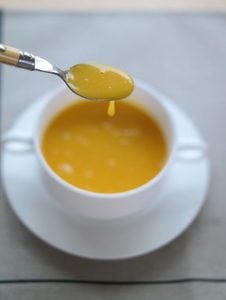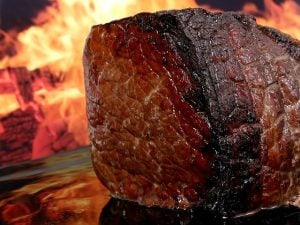Fish are a great source of lean protein and for that reason are usually recommended over red meats such as beef. The consumption of fish has increased in the country however the local supply is unable to meet the demand in the market.
Most Kenyans typically consume fresh water fish like Tilapia and Silver Cyprinid (omena) that are sourced primarily from Lake Victoria. The fish supply from the lake has over the past years been dwindling due overfishing, pollution and the water hyacinth menace.
To offset this shortfall, there has been a growing interest for fish farming however this has likewise failed to meet the demand on account of lack of fish feeds.
Consequently, Kenya has had to resort to importing fish from outside markets to meet the demand. The main exporter up to now has been China whose fish is comparatively cheaper to what is produced locally..
Fish imports from China have however raised health and food safety concerns after it was established by a local daily that some of it is contaminated with heavy metals.
Traces of Heavy Metals in Imported Fish
 |
| Fish |
In a test commissioned by The East African newspaper at the University of Nairobi, it was established that a sample of the Chinese imported fish that was being sold to unsuspecting Kenyans was contaminated with some heavy metal residues.
These metals include mercury, copper, lead and arsenic all of which are harmful to human health. Once inside the body, these metals are transported through blood stream and stored in vital organs like the brain, kidney and others.
Because they are not excreted, they can accumulate to levels that may cause organ failure and other complications such as abnormalities in newborns when pregnant mothers are exposed to them.
Findings from the test however showed that the levels of these heavy metals were within the range allowed by the World Health Organisation. Still, this calls for concern as this doesn’t necessarily prove that all the fish imports meet the acceptable limits for these heavy metals.
Imported Fish Sold as Local Fish
The growing fish imports from China can only mean that the market is flooded by them. While some consumers are aware of their country origin, the majority remain clueless.
This is partly because fishmongers that acquire this fish from wholesalers, repackage and sell the fish to consumers with the claim that it’s fished locally from Lake Victoria.
It’s however likely that the sellers merely push this lie not because they are aware of the contamination but in efforts to counter the existing negative consumer perception of food imports from China which have a bad reputation of being “plastic”.
How do these heavy metals find themselves in fish?
Sea fish like Tuna and Sardines are typically the ones implicated in heavy metal contamination. The fish imported into the country however is mostly fresh water which can be found in lakes, rivers and fish farming ponds.
These water sources may be contaminated with heavy metals such as industrial effluent, pesticides and petrol powered water pumps in the case of ponds. When fish ingest these metals, their quantity increases the higher one goes up the food chain.
Since humans sit at the top of this food chain, they are exposed the most to this contamination.
Therefore, it’s important as consumers to ascertain the source of your fish when buying.
However, the consumer can only do so much in this situation and the bigger responsibility falls on the regulatory bodies, namely: The Kenya Bureau of Standards (KEBS) and the Public Health Ministry to ensure the fish that’s imported and sold is safe and meets the set quality standards.





